Our picks for books, videos, websites, and other social justice resources 34.2
Check out these valuable resources, reviewed by Rethinking Schools editors and Teaching for Change colleagues.
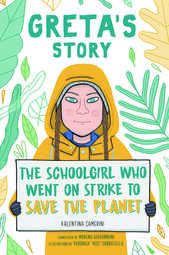
Check out these valuable resources, reviewed by Rethinking Schools editors and Teaching for Change colleagues.

In 2018, numerous commentators portrayed the West Virginia, Oklahoma, Arizona, and Kentucky school walkouts as a purely “red state” phenomenon. But events this year have made clear that the strike […]

Oogenesis? Heterozygous? Science vocabulary can be difficult for students, especially English language learners. A science teacher describes how she reorients science classrooms to make vocabulary accessible.
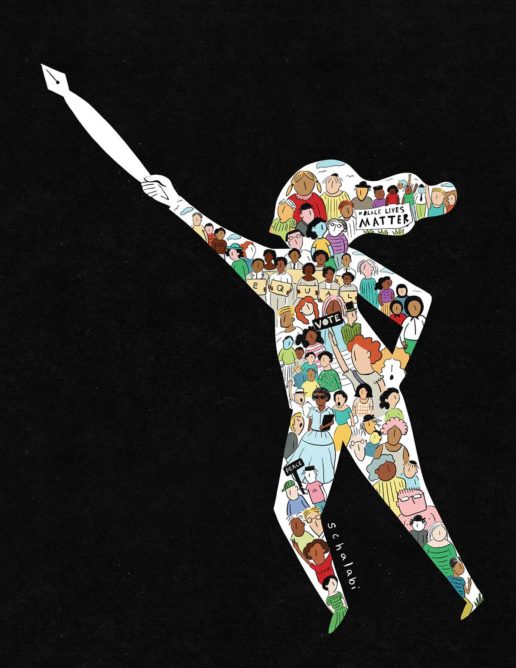
A high school English teacher deconstructs “Hero’s Journey” curriculum, shows its patriarchal prejudice, and talks about teaching collective rather than only individual transformation.
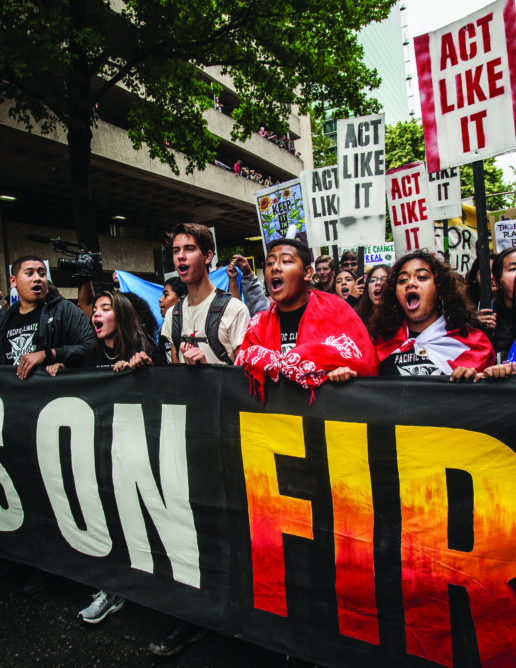
“Climate justice” education means a lot of things. But one key aspect is that we involve students in probing the social and economic roots of the crisis.
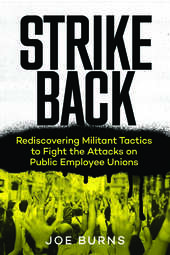
Check out these valuable resources, reviewed by Rethinking Schools editors and Teaching for Change colleagues.
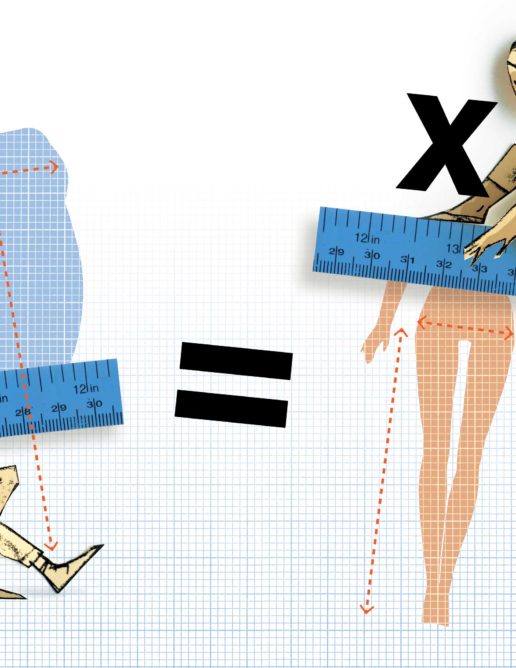
A math teacher uses Barbies and action figures to teach proportional reasoning and other skills — and to help students think about society’s expectations of our shapes and sizes.
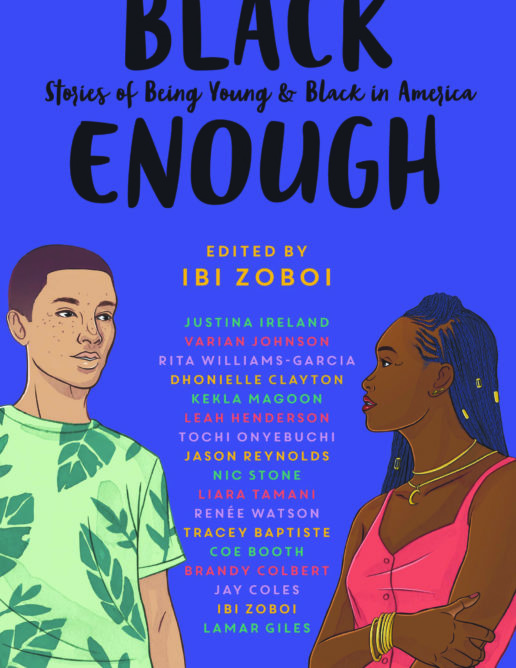
Check out these valuable resources, reviewed by Rethinking Schools editors and Teaching for Change colleagues.
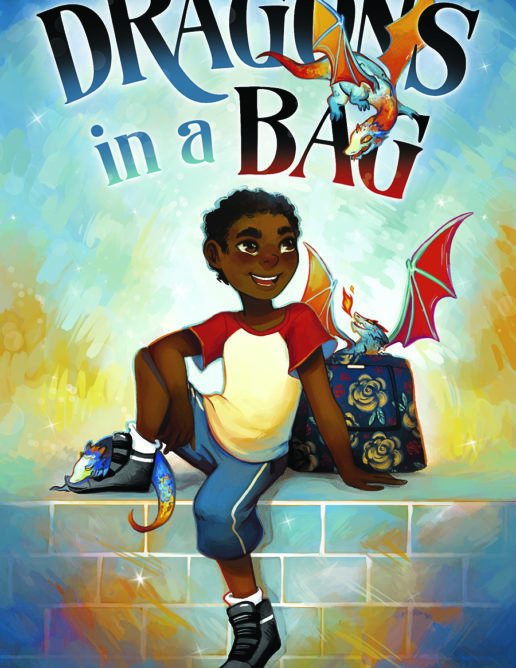
Check out these valuable resources, reviewed by Rethinking Schools editors and Teaching for Change colleagues.
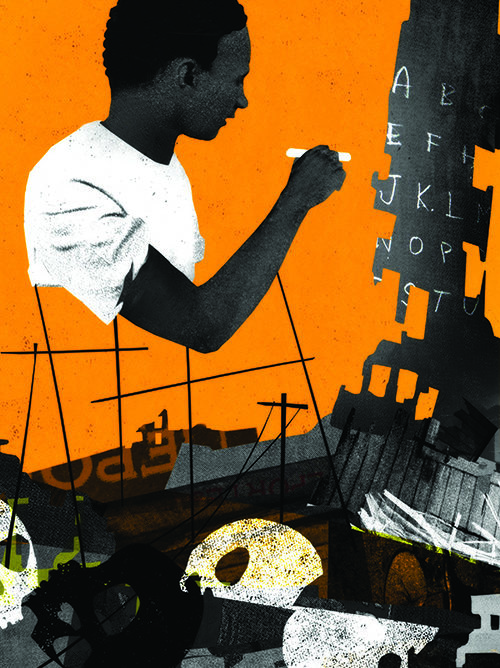
Immediately after an earthquake devastated Haiti in 2010, corporations swooped in to capitalize on the destruction and to privatize public enterprises. Hagopian explores how disaster capitalism hit the education system and what the effects were on students and families.
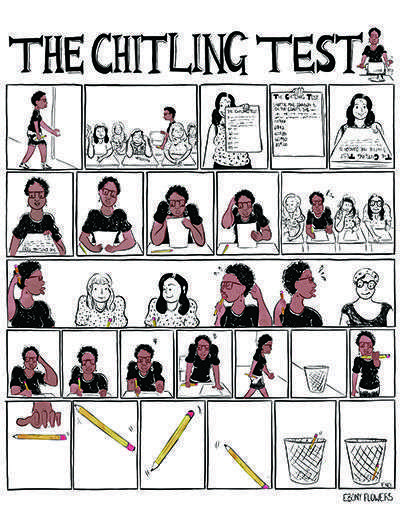
An educator reflects on how the education system has continually tested her Blackness from grade school through professional development, and argues that we need more Black spaces to nurture brilliance.
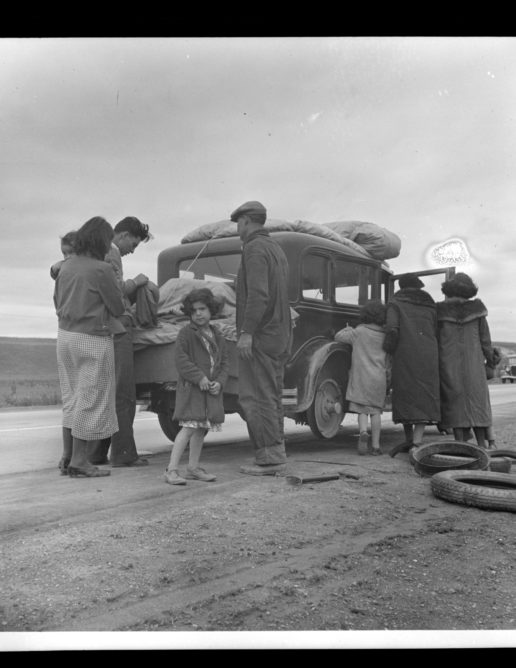
A social studies teacher describes the role play trial she developed around a largely forgotten period: when during the Great Depression the United States deported thousands of Mexican American families.
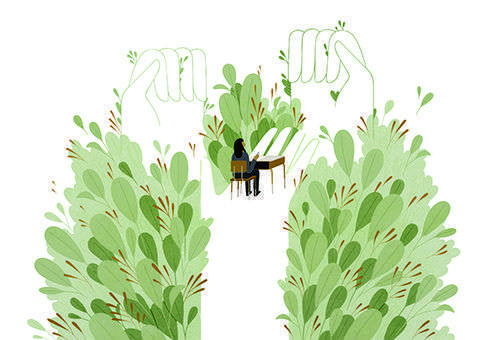
How we seed and support student activism will vary from community to community, school to school, and grade level to grade level. But this is a crucial moment in history, and what we do as educators matters. When we help students explore and analyze exploitation, injustice, and danger in the world, we can also help them develop the knowledge and skills to change it.
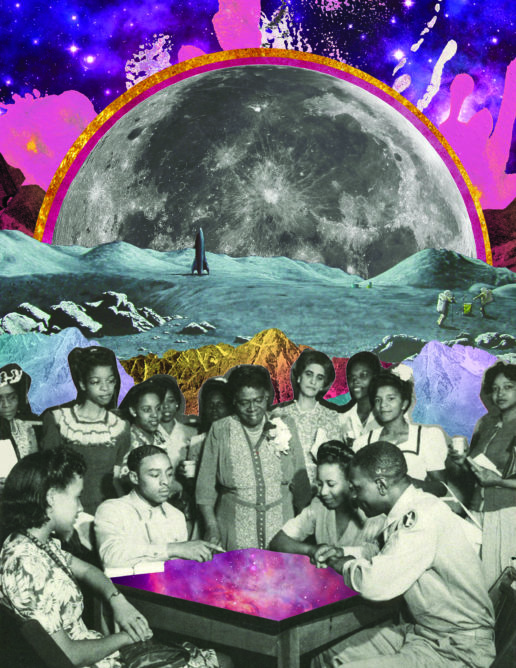
A physics teacher uses student research and other exercises to urge his high school class to wrestle with race, privilege, and representation.
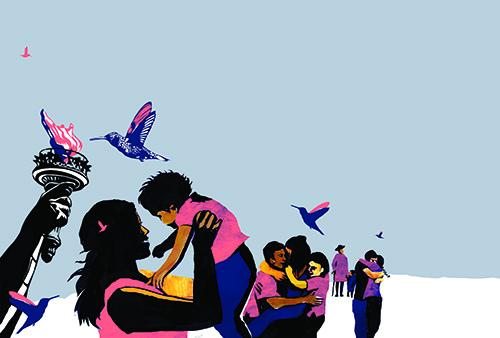
If there was ever any doubt, now there is only certainty, as educators we’re on the front lines of this fight. And when students like Kina ask us if we can keep them safe, our actions must be our answer. If we refuse to talk about these issues — because they are too painful, too complicated, too sensitive, or too politically fraught — that sends a clear message that we have relinquished our responsibilities, as adults, to try to keep them safe. Our silence is complicity. Now is the time for action and solidarity.
The wave of struggles sweeping through the United States are more than “red state” revolts. They are rebellions against the austerity and privatization that has been driving federal and state economic policy for decades. The dynamics and political landscape are different in each state. However, almost all of the states where statewide actions have occurred are right-to-work states, which have seen the steepest cuts in school funding and sharpest erosion of teacher pay and benefits. These states are less likely to have collective bargaining rights and local district contracts. This puts more focus on state budgets and state decisions about healthcare and pensions, and encourages statewide action focused on the legislature. Consequently, many of the walkouts have been more akin to mass political protests seeking broad changes in public policy. But other common factors underlying these grassroots protests are likely to keep rebellion spreading to “purple” states like Colorado (where there was a walkout in April) and North Carolina (May) and beyond. Almost everywhere in “red states” and “blue states” alike, budget and tax policy has been used to erode social services, shrink public space, undermine union power, and transfer wealth upward, all the while making the lives of working people harder.
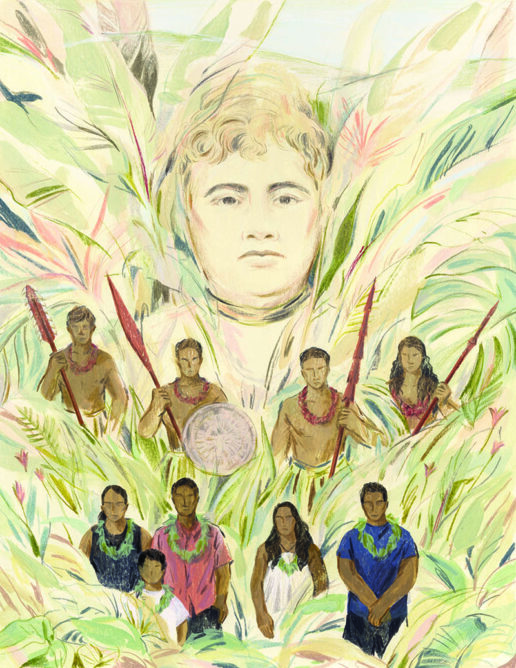
A high school teacher uses the #MeToo movement and students’ own experiences with apologies to interrogate the government’s 1993 apology to Native Hawaiians for the 1893 overthrow of the Kingdom of Hawai’i.
A special education teacher uses poetry to help her middle school students write their own narratives and celebrate themselves.
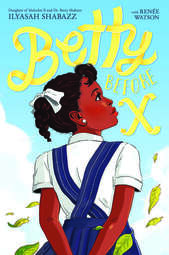
Check out these valuable resources, reviewed by Rethinking Schools editors and Teaching for Change colleagues.
How 4th-grade students in Southern California were helped by their teachers to develop curriculum surrounding the mass deportation of U.S. citizens of Mexican heritage in the 1930s and pass a law to investigate what happened.
NCTQ, which claims to “provide an alternative national voice to existing teacher organizations and to build the case for a comprehensive reform agenda that would challenge the current structure and regulation of the profession,” was created by the Thomas B. Fordham Foundation in 2000 and incorporated in 2001 as a policy response to a perception that colleges of education were not adequately preparing teachers. According to education historian and NCTQ critic Diane Ravitch, the conservative members of the Thomas B. Fordham foundation perceived teacher training as problematic due to an overemphasis on social justice and a lack of focus on basic academic skills and abilities. Thus, NCTQ was originally founded as an entity through which to encourage alternative certification and circumvent colleges of education. Indeed, early on, NCTQ was closely connected to ABCTE (American Board for the Certification of Teacher Excellence), which created a series of tests that potential teachers could pass in order to bypass teacher education programs altogether by paying $1,995.00.
In the spring 2011 issue of Rethinking Schools we editorialized about the immense gulf between our terrible environmental crisis — especially the climate crisis — and the adequacy of schools’ curricular response. Seven years later, we still see this gap between crisis and curriculum — which is why we are launching this regular “Earth, Justice, and Our Classrooms” column: to offer encouragement and resources for teachers to help students explore the roots and consequences of the crisis and figure out how to respond.
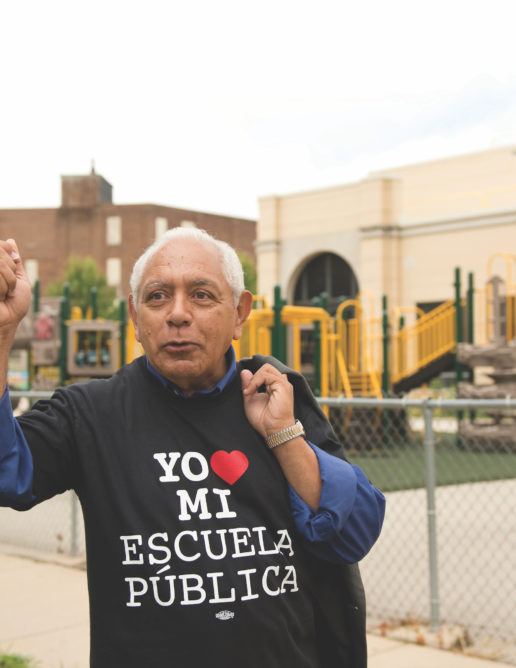
Organizer and advocate Tony Báez has been fighting for improved bilingual education programs for decades. In this interview, he talks about the current state of bilingual education and describes how parents and educators won a maintenance K-12 bilingual program in the Milwaukee Public Schools.
As we return to our schools this fall, we need to rededicate ourselves to building an education system and a society that values Black lives.
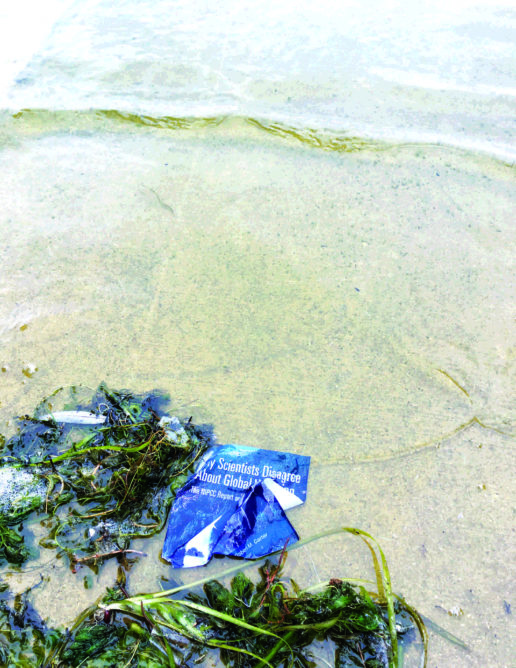
A teacher shows his 3rd- and 4th-grade students the Heartland Institute’s climate change denial book that was sent to every science teacher in the nation.